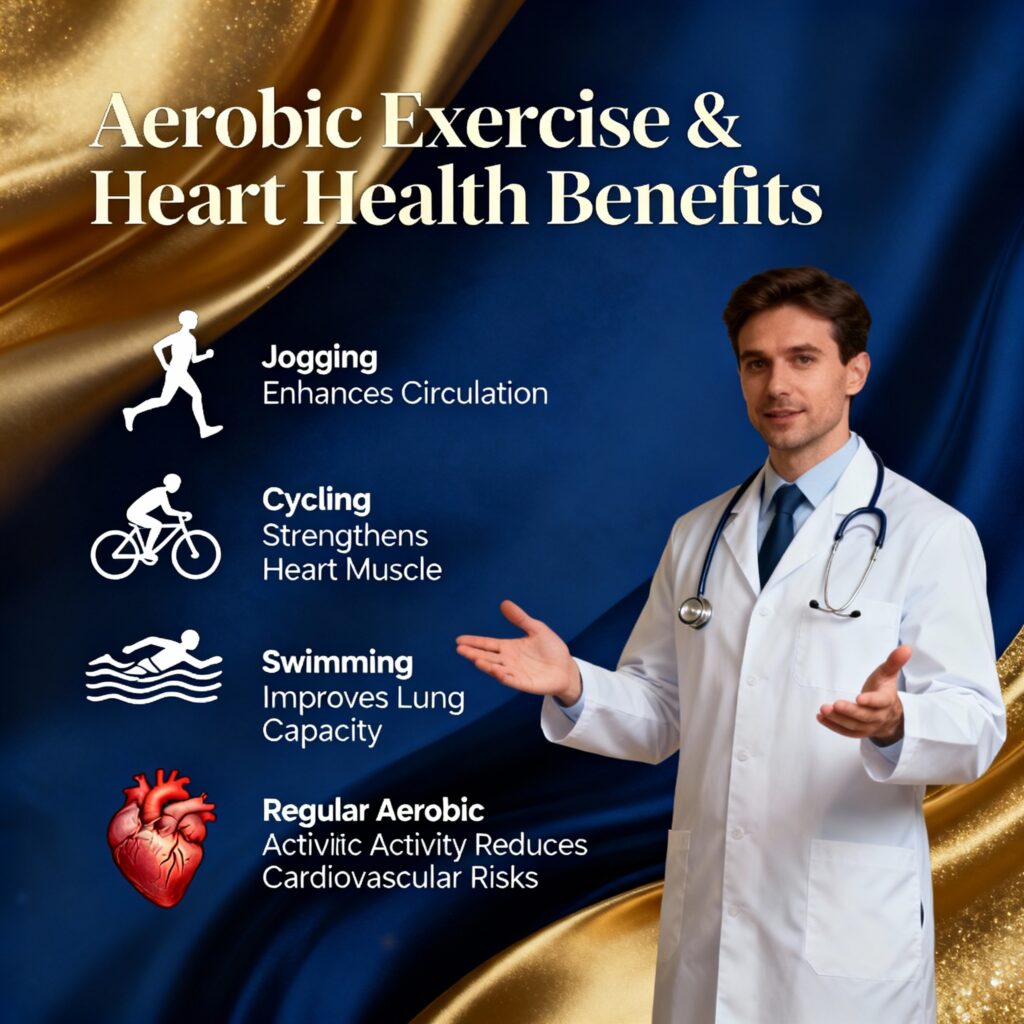In a time when sedentary lifestyles and stress are raising blood pressure through the roof, an expert has a simple and natural solution — movement.
Dr. Jeremy London, a cardiovascular surgeon in Georgia, recently posted on Instagram about the importance of aerobic exercise in keeping the heart healthy. Regular movement, as he explained, not only keeps a person fit and healthy, but it can also retrain your blood vessels to dilate more easily, decreasing your vascular resistance.
“As a heart surgeon, I have experienced firsthand that movement is, in fact, medicine,” said Dr. London. “And few things drop blood pressure more than continual aerobic exercise.”
Aerobic exercises — walking, swimming, biking, jogging — increase circulation and help elasticity of the arteries. Over time that improves the ability of the arteries to stretch and go back to normal, enabling the heart to easily pump blood throughout the whole body.
Dr. London noted that as people continue working out aerobically, their vascular system learns to adapt; this allows their blood pressure to be lower, circulating blood will be better, and the cardiovascular system becomes stronger.
Aerobic exercise is more than just lowering blood pressure; it improves weight control and decreases stress, while also helping to improve endurance and capacity for your heart.
Health professionals recommend at least 150 minutes of moderate aerobic exercise per week for significant changes. Dr. London’s message reminds us that exercise is not only for fitness but to extend our lives, our ability to enjoy extended lives and our vitality.
So, the next time you lace up your running shoes or get on your bike, remember, every step, pedal, or stride is a step closer to the heart health you want. Otherwise, movement is medicine.












More Stories
How “Lockdown-Level” Emissions Cuts Might Clean Delhi’s Air by 2040
Cyclone Ditwah: IMD Issues Red Alert for Tamil Nadu, Puducherry, and Southern States
Hong Kong Fire Death Toll Climbs to 55; Dozens Still Missing as Blaze Burns Into Second Day